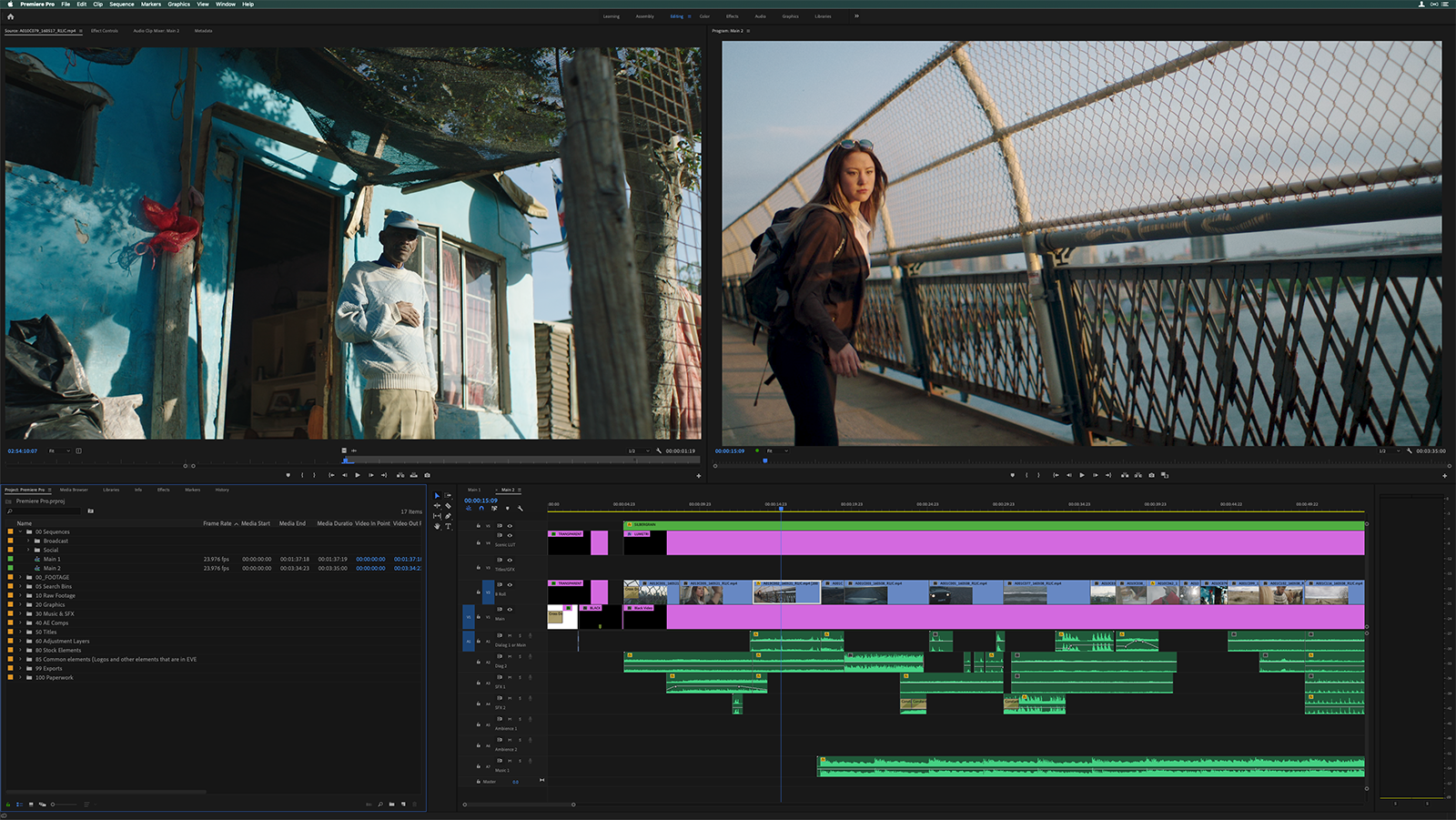 | |
| Image Source |
The videos presented this week delved into the history of digital media and how it evolved over time. It also looked towards the future, and where things may advance from now. The first video (WatchMedia, 2020) examines the evolution of technology throughout human history, beginning from 100,000 BCE. I found it interesting how it illustrated the acceleration of human invention. Around half of the video shows progress that has taken place over the last century or so.
The second video (CrashCourse, 2018), presented in two parts, presents an overview of media literacy, how it evolved and where it may go in the future. The primary focus of the video is late 19th/ early 20th century print media, as this is when the United States of America started to see newspapers as a widespread medium of communication, uncontrolled by government or religious organisations. Of course, this also left an incentive for others to profit from printing. Two New York businessmen had driven their profit-motivated print media towards sensationalism and exaggeration. Dubbed ‘yellow journalism’, this made people question the validity of certain media, and the effects it could have on society.
In the second part of this video (CrashCourse, 2018), the great shifts in media and its general perception in the 20th century are examined in detail. Following print media, radio broadcasting, television and film had entered the mainstream in this period. This massive upheaval in media consumption resulted in a great deal of ‘protectionism’. This is the concept of attacking media for its messaging and/or content. David Buckingham, a consultant specialising in media declared three distinct types of media protectionism. These are: Cultural defensiveness, political defensiveness, and political defensiveness.
Later, the video introduces Marshall McLuhan, and his efforts in this field. There’s a quote of his mentioned that I found quite interesting; “The personal and social consequences of any medium - that is, any extension of ourselves - result from the new scale that is introduced into our affairs... by any new technology". This signalled a change in how media is examined, a change that lasts until this day. The video concludes with an outlook on the current state of media literacy. "Instead of protecting consumers from media messages, media literacy now seeks to prepare them to receive them and create them". All told, I found this video series quite informative and eye-opening as to how media informs human nature, and vice-versa. It is a complicated thing to discuss, having many intricacies to consider, especially in the digital age.
The third video (World Economic Forum, 2020) looks directly towards the future, and how our global economy will be impacted by an ever-evolving digital environment. With COVID-19, automation, and recession, roughly 85 million people are expected to have their jobs displaced in 5 years. In exchange, 97 million new jobs will be created. This magnifies an ongoing restructuring of our world because of technological advances. The video states that corporations are “investing in reskilling and upskilling their workforce” to meet demand in careers such as DevOps engineering and AI specialists.
I found this week to be an interesting look at where modern technology and mass media originate, and where our future is headed.
References:
WatchMedia (2020) Technology Evolution | 100,000BC - 2020 [online] Available from <https://www.youtube.com/watch?v=IJM3yuIDDPQ> [accessed 17 Nov 2021].
CrashCourse (2018) History of Media Literacy, Part One [online] Available from <https://www.youtube.com/watch?v=oXf0F4GYzWQ> [accessed 17 Nov 2021].
CrashCourse (2018) History of Media Literacy, Part Two [online] Available from <https://www.youtube.com/watch?v=9iUjvNtgWAs> [accessed 17 Nov 2021].
World Economic Forum (2020) What will the future of jobs be like? [online] Available from <https://www.youtube.com/watch?v=eH1fFdjzJAw> [accessed 17 Nov 2021].
Huawei Enterprise Europe (2020) Digital Transformation in 2030 [online] Available
from <https://www.youtube.com/watch?v=APhSAIeqLkQ> [accessed 17 Nov 2021].

No comments:
Post a Comment